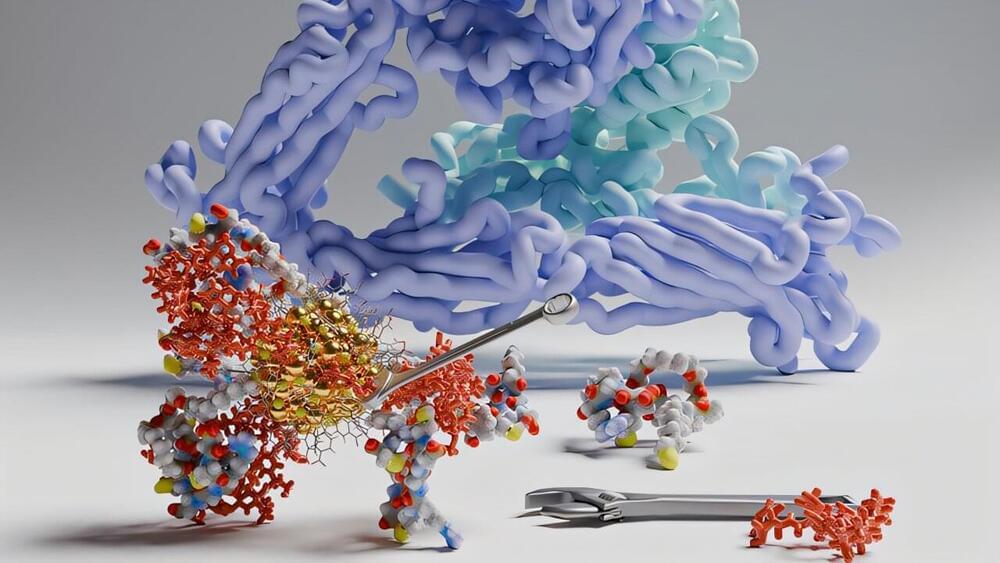Researchers in the Nanoscience Center at the University of Jyväskylä, Finland, have used machine learning and supercomputer simulations to investigate how tiny gold nanoparticles bind to blood proteins. The studies discovered that favorable nanoparticle-protein interactions can be predicted from machine learning models that are trained from atom-scale molecular dynamics simulations. The new methodology opens ways to simulate the efficacy of gold nanoparticles as targeted drug delivery systems in precision nanomedicine.
Hybrid nanostructures between biomolecules and inorganic nanomaterials constitute a largely unexplored field of research, with the potential for novel applications in bioimaging, biosensing, and nanomedicine. Developing such applications relies critically on understanding the dynamical properties of the nano–bio interface.
Modeling the properties of the nano-bio interface is demanding since the important processes such as electronic charge transfer, chemical reactions or restructuring of the biomolecule surface can take place in a wide range of length and time scales, and the atomistic simulations need to be run in the appropriate aqueous environment.
